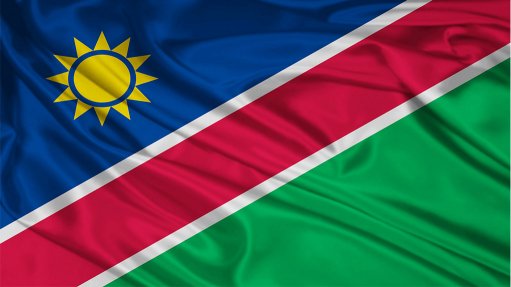
Namibia’s extraordinary biodiversity brings great potential to generate revenue for tourism, creating incentives for conservation and resource management. The country has made enormous strides in its efforts to protect biodiversity following drastic declines in wildlife resulting from hunting and a lack of incentive to sustainably use natural resources.
This study examines the success story of biodiversity conservation in Namibia. Assessing the role of economic incentives and effective policy implementation in encouraging the sustainable use of natural resources, the paper explores how Namibia has approached biodiversity stewardship, and how this stewardship has been financed.
Donor funding has played a critical role in enabling Namibia to pilot new approaches to biodiversity conservation, while government funding and private funding contribute to addressing challenges such as human-wildlife conflicts, forest management, regenerative agriculture and more. Investment into tourism facilities promotes revenue generation, promoting an alignment of Namibia’s development and biodiversity conservation goals.
Still, Namibia has faced challenges such as poaching, human-wildlife conflicts, land degradation and shocks to the tourism sector, all of which have led to losses in biodiversity-based income that affect communities, the government and private operators.
The lessons drawn from Namibia’s experience of financing biodiversity provide valuable insights for developed-country governments and donors looking to support biodiversity conservation. Flexibility, availability and counter-cyclicality have enabled Namibia to use limited donor funding in an impactful way to fund important conservation activities that align with the country’s long-term vision. However, further funding is required to design and pilot new approaches that will allow Namibia to generate revenue from biodiversity and reverse current trends of biodiversity loss.
Report by the Overseas Development Institute